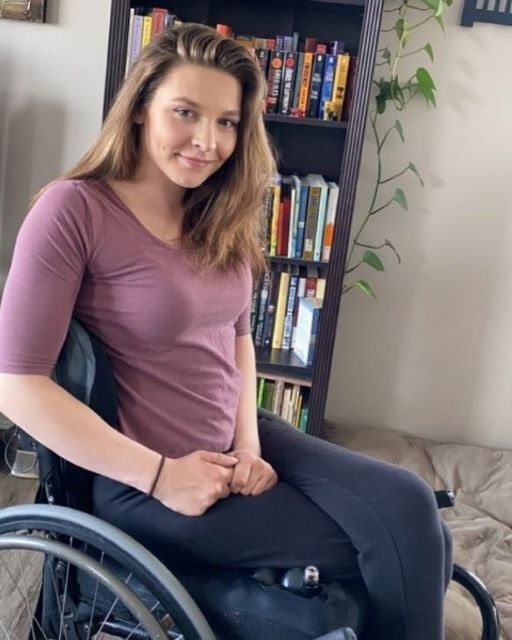I didn’t cry when the doctors told me I’d never walk again. I simply nodded, as if they’d told me tomorrow’s forecast—sunny skies, maybe paralysis. But what I really needed was space to grieve the life I once knew.
When a nurse suggested part-time help, I refused. “I’ve got it,” I said, even though I didn’t. The kitchen became a battlefield, showers a struggle, and plates slipped from my hands like an unwanted reminder of my new reality.
And then Saara arrived.
She wasn’t what I expected—slightly younger, blunt, not sugary-sweet. But she didn’t treat me like I was fragile either. She just asked, “Where’s the coffee?” and brewed a cup as if she’d been doing it for years.
At first, I kept her at arm’s length, no small talk or personal questions. She handled the basics and left. But little by little, her dry humor chipped away at me. I began setting aside books and articles for her, laughing at her terrible jokes.
One day, I broke down—over something trivial. I dropped a bowl and couldn’t pick it up. Saara knelt beside me, carefully gathering the shards. “It’s not about the bowl, is it?” she murmured.
Something cracked open, and for the first time since my accident, I felt a glimmer of connection. Like maybe I hadn’t lost everything after all.
Then came the day she told me she might move on to a new opportunity. I forced a smile, but inside, I was screaming “Don’t go!” But Saara didn’t stay; she left, leaving behind a sense of loss and uncertainty.
A week later, she brought me to an adaptive sports program. The energy was infectious—the laughter, the cheering, the sense of community. It was like nothing I’d ever experienced before.
I started small, trying wheelchair basketball, fumbling with the ball, nearly tipping over more than once. Saara whooped every time I managed to dribble. By the end, I was drenched in sweat, sore, but smiling in a way I hadn’t in months.
Over the weeks, I pushed myself—hand cycling, basketball, even a climbing session. Each time I doubted myself, Saara reminded me I could do more. She believed in me until I started believing in myself.
And then the day came—her last morning. As we hugged goodbye, I felt the ache of loss hit me once again. But this time, it wasn’t the same. Because Saara had given me something lasting: the belief that I could still live fully, even if differently.
That night, I played harder than ever, tears streaking down my cheeks as our team won. And in the crowd, there she was—Saara—smiling through the noise.
As I looked at her, I knew what I had to do: keep moving forward.
